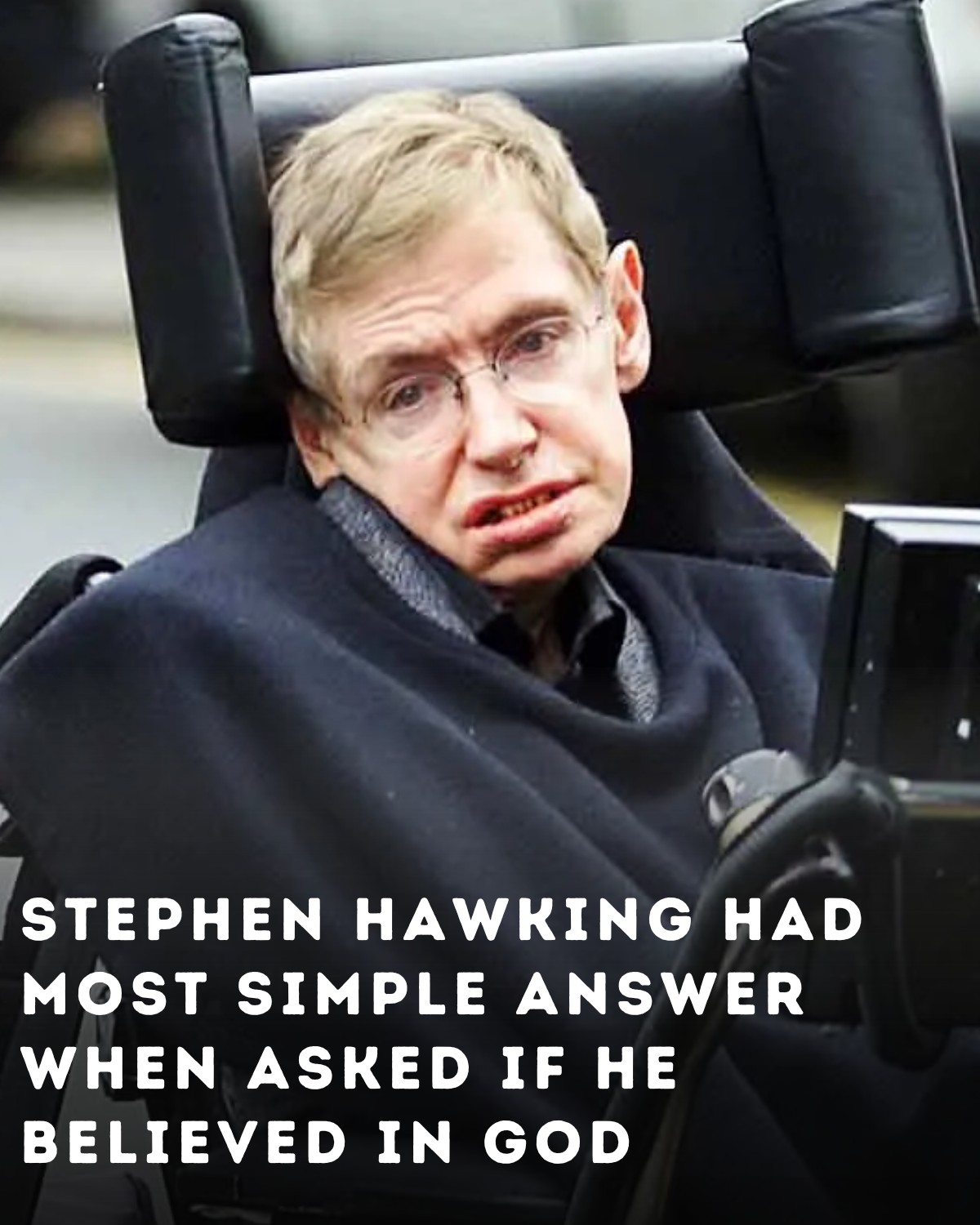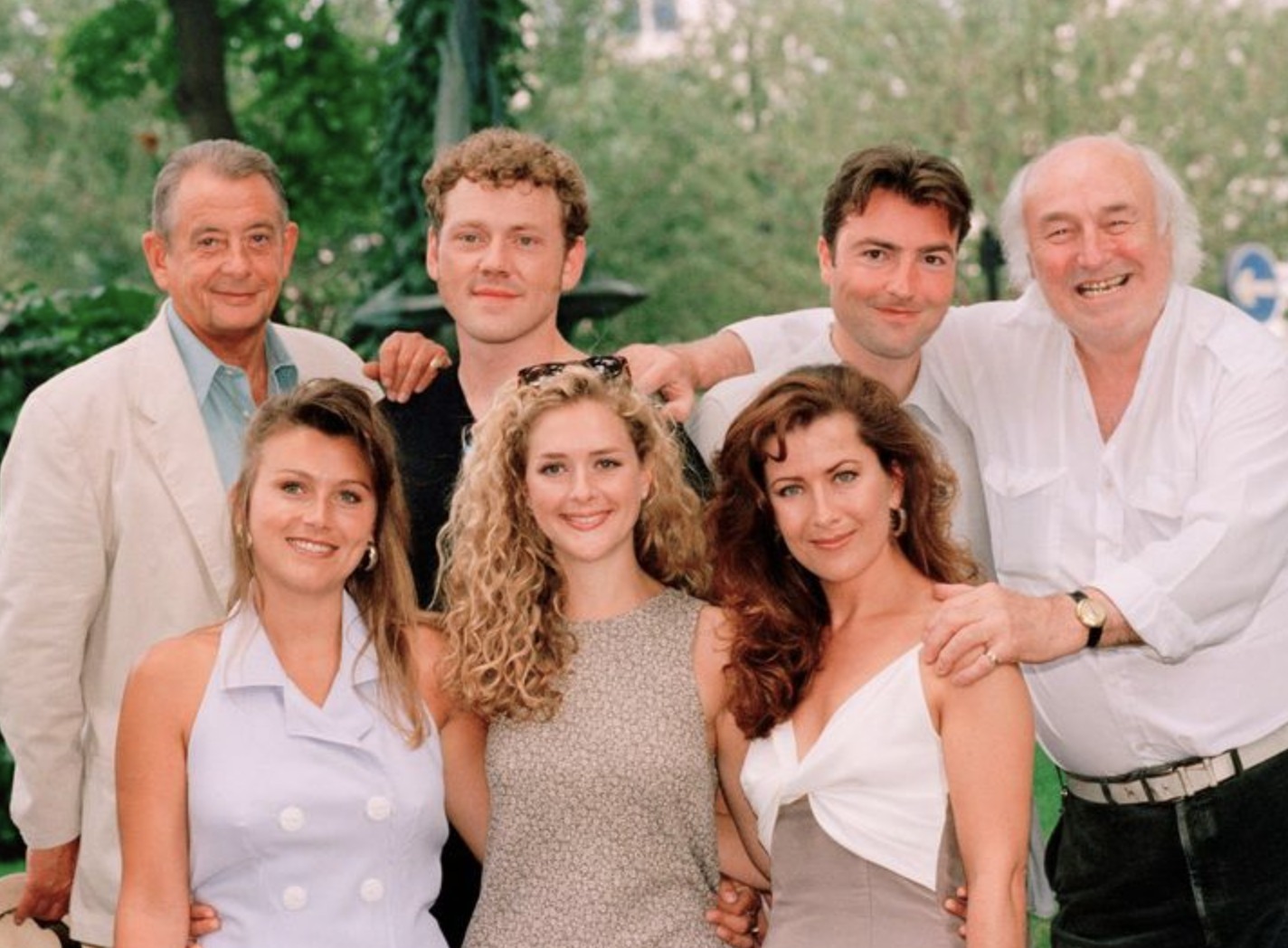In the clash between science and religion, the late Stephen Hawking stood as a towering figure, challenging conventional beliefs with his groundbreaking theories.
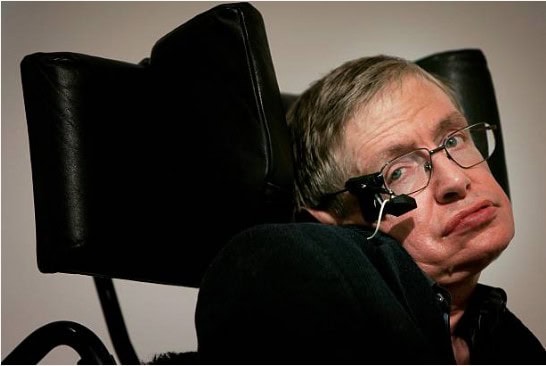
But did this iconic scientist believe in a higher power or an afterlife beyond the realm of science?
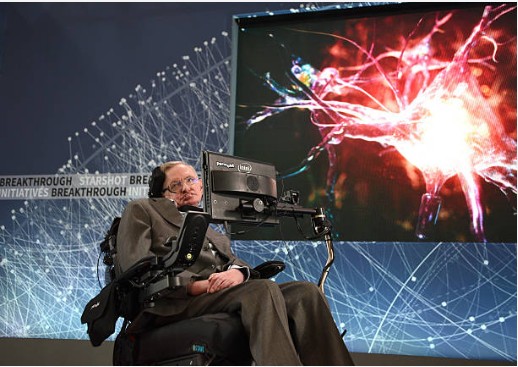
Hawking, renowned for his brilliance in theoretical physics and cosmology, left behind a legacy that transcends the boundaries of time and space.
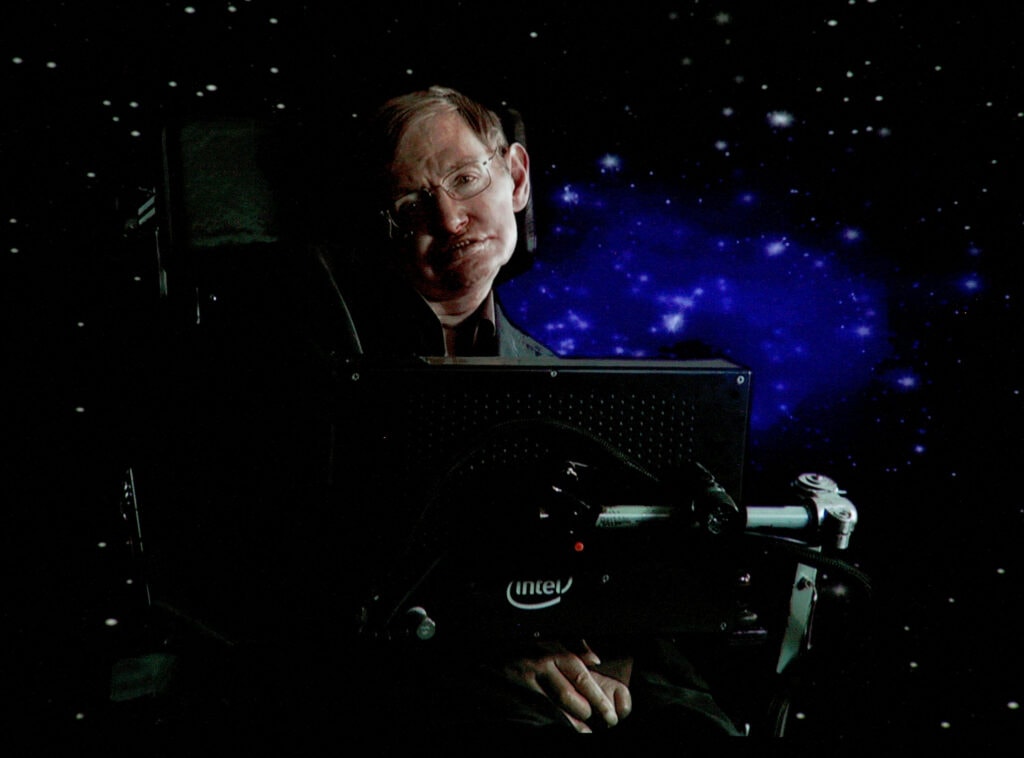
From his groundbreaking work on the origins of the universe to his musings on the nature of existence, Hawking’s insights continue to captivate minds worldwide.
Yet, behind his intellect lay a profound struggle against a relentless adversary – Amyotrophic Lateral Sclerosis (ALS).
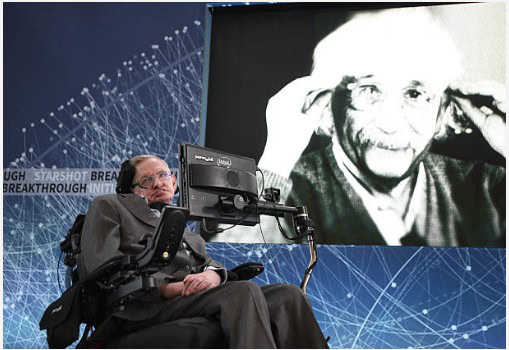
Diagnosed at the tender age of 21, Hawking defied medical odds, surpassing expectations to become the longest-living ALS survivor in history.
Despite the physical limitations imposed by his condition, Hawking’s mind soared to new heights, exploring the very fabric of reality.
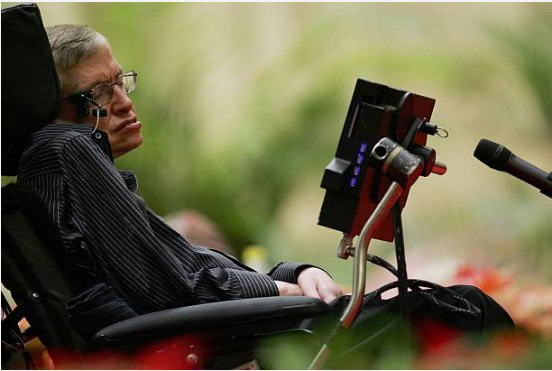
His iconic voice, synthesized by a computerized system, echoed his thoughts on the cosmos, challenging conventional wisdom with every keystroke.
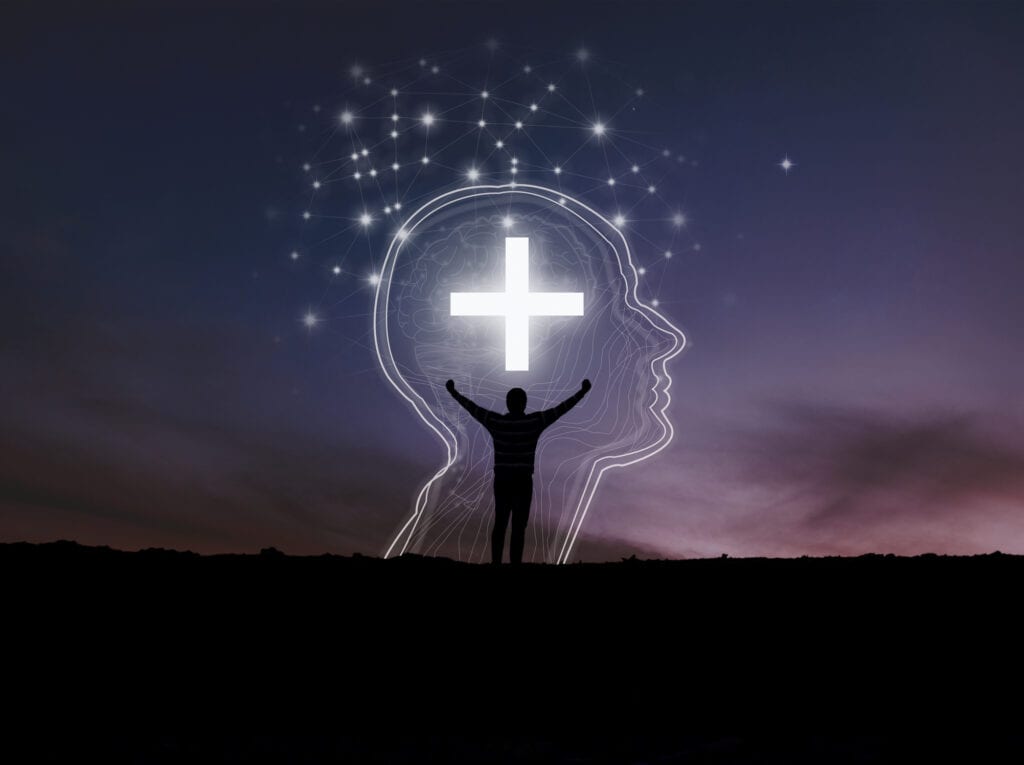
In his final years, Hawking grappled with existential questions, pondering the existence of God and the possibility of an afterlife.

In his seminal work, “Brief Answers to the Big Questions,” Hawking delved into the age-old debate between science and spirituality.

“For centuries, it was believed that disabled people like me were living under a curse that was inflicted by God,” Hawking reflected.
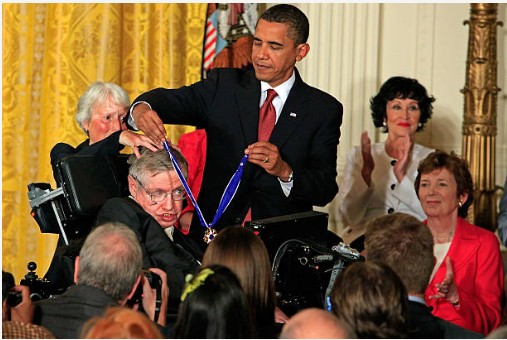
Yet, amidst the trials of his own existence, Hawking found solace in the laws of nature, viewing them as the ultimate arbiter of reality.
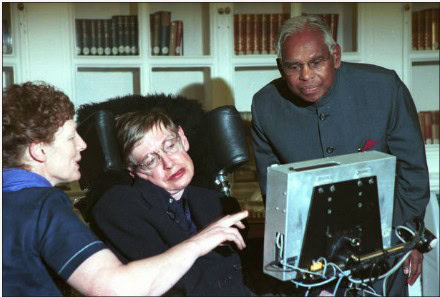
His words echoed a profound truth – that the universe operates according to immutable laws, devoid of divine intervention.

“If you believe in science, like I do, you believe that there are certain laws that are always obeyed,” Hawking asserted.

But what of the existence of God and the promise of an afterlife? Hawking’s views cut through the veil of uncertainty with startling clarity.

“We are each free to believe what we want,” he proclaimed, embracing a worldview devoid of supernatural influence.

With characteristic candor, Hawking embraced the notion of a universe devoid of divine design, where existence unfolds according to natural laws.

“There’s probably no Heaven and no afterlife, either,” he declared, confronting the existential abyss with unwavering resolve.
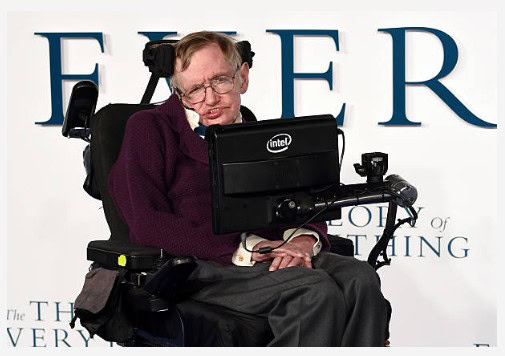
Yet, amidst the vast expanse of cosmic uncertainty, Hawking found reason for gratitude.

“We have this one life to appreciate the grand design of the universe,” he mused, embracing the fleeting beauty of human existence.
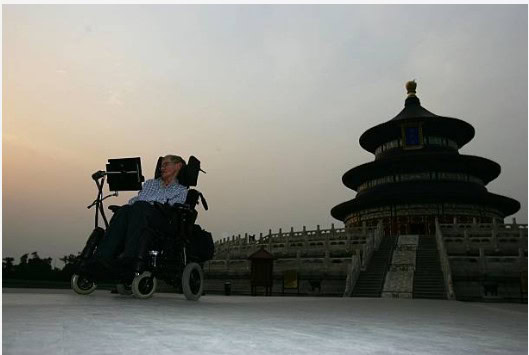
Hawking’s legacy transcends the confines of science and spirituality, offering a glimpse into the infinite mysteries of the cosmos.
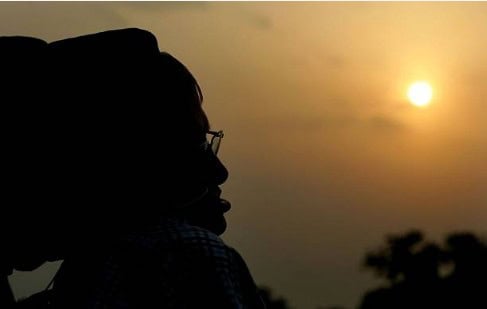
As we ponder the enigma of existence, we’re reminded of Hawking’s indomitable spirit, forever soaring among the stars.






